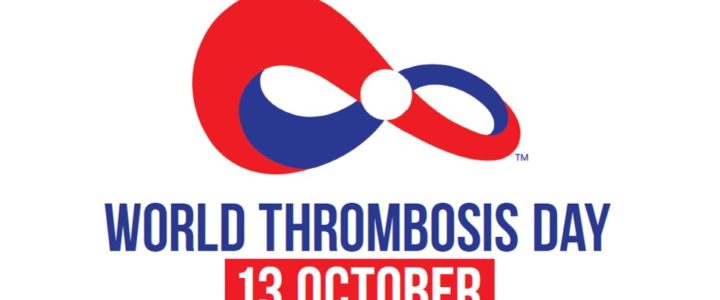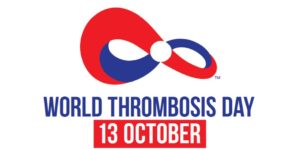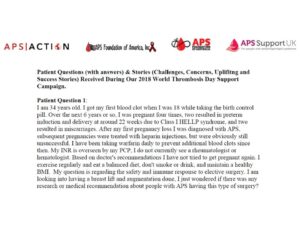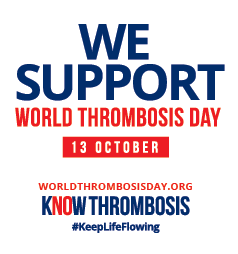JANUARY 2019



October 2018 – World Thrombosis Day Support Campaign.
Patient Questions (with answers) & Stories (Challenges, Concerns, Uplifitng and Success Stories) Received During Our 2018 World Thrombosis Day Support Campaign.


Please click here for more information


October 2018 –
APS ACTION presented three studies during the 2018 American College of Rheumatology Annual Scientific Meeting (October 2018, Chicago, IL).
Sevim E, Andrade D, Banzato A, Tektonidou M, Ugarte A, Chighizola CB, Ji L, Branch D, Ramires de Jesus G, Andreoli L, Petri M, Cervera R, Knight JS, Atsumi T, Erkan D on Behalf of APS ACTION. Pregnancy Outcomes of Antiphospholipid Antibody Positive Patients: Prospective Results from Antiphospholipid Syndrome Alliance for Clinical Trials and International Networking (APS ACTION) Clinical Database and Repository (“Registry”) [abstract].Arthritis Rheumatol. 2018; 70 (suppl 10). https://acrabstracts.org/abstract/pregnancy-outcomes-of-antiphospholipid-antibody-positive-patients-prospective-results-from-antiphospholipid-syndrome-alliance-for-clinical-trials-and-international-networking-aps-action-clinical-da/. Accessed November 18, 2018.
Sevim E, Zisa DF, Andrade D, Pengo V, Tektonidou M, Ugarte A, Gerosa M, Ji L, Efthymiou M, Ramires de Jesus G, Branch D, Nalli C, Sciascia S, Belmont HM, Fortin PR, Petri M, Rodriguez-Almaraz E, Quintana R, Knight JS, Willis R, Atsumi T, Bertolaccini ML, Erkan D, Barbhaiya M on Behalf of APS ACTION. Clinical and Laboratory Characteristics of Persistently Antiphospholipid Antibody Positive Patients: Retrospective Results from Antiphospholipid Syndrome Alliance for Clinical Trials and International Networking (APS ACTION) Clinical Database and Repository (“Registry”) [abstract]. Arthritis Rheumatol. 2018; 70 (suppl 10).
https://acrabstracts.org/abstract/clinical-and-laboratory-characteristics-of-persistently-antiphospholipid-antibody-positive-patients-retrospective-results-from-antiphospholipid-syndrome-alliance-for-clinical-trials-and-international/. Accessed November 18, 2018.
Sevim E, Unlu O, Andrade D, Banzato A, Tektonidou M, Ugarte A, Gerosa M, Cohen H, Branch D, Ramires de Jesus G, Tincani A, Fortin PR, Petri M, Rodriguez I, Knight JS, Atsumi T, Willis R, Roubey R, Erkan D on Behalf of APS ACTION. First and Recurrent Thrombosis Risk after 1897 Patient-Years of Follow-up: Prospective Results from Antiphospholipid Syndrome Alliance for Clinical Trials and International Networking (APS ACTION) Clinical Database and Repository (“Registry”) [abstract]. Arthritis Rheumatol. 2018; 70 (suppl 10).
https://acrabstracts.org/abstract/first-and-recurrent-thrombosis-risk-after-1897-patient-years-of-follow-up-prospective-results-from-antiphospholipid-syndrome-alliance-for-clinical-trials-and-international-networking-aps-action-cli/. Accessed November 18, 2018.

March 2018 – This year APS ACTION has a new website. Stay tuned for our next news!

2010-2015 News – Click on the following link to see the previous APS ACTION news.